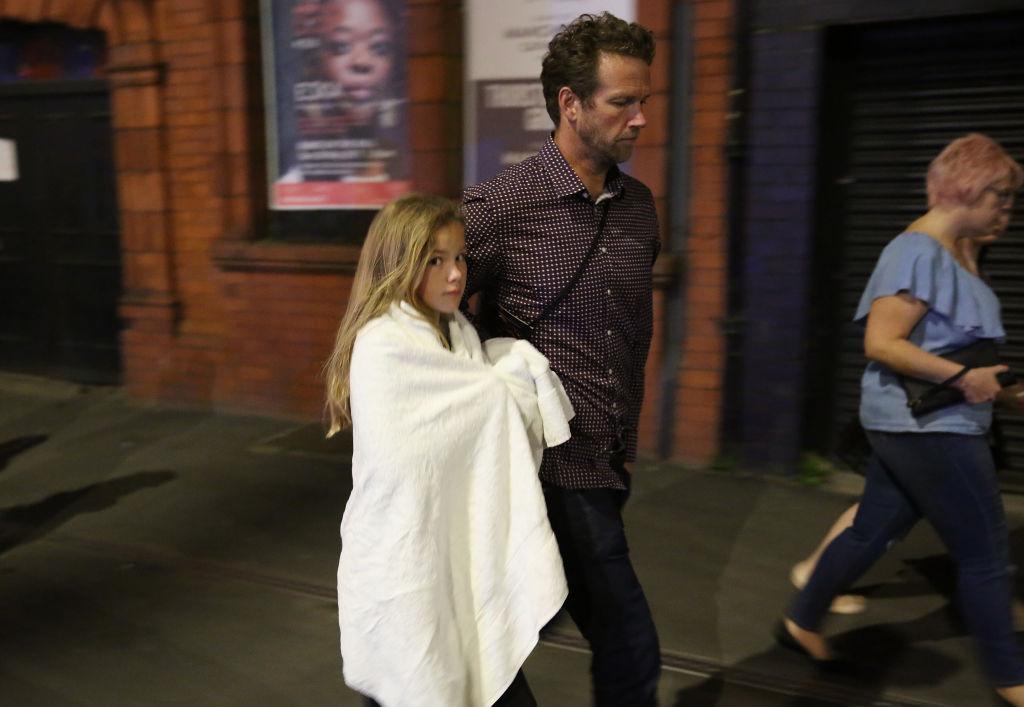BIRMINGHAM, England—The United Kingdom is on the highest possible terror threat level for the first time in a decade, with troops deployed after 22 people were killed in a terrorist attack in Manchester.
The suicide bomb that exploded at a pop concert on the evening of May 22, killing children as young as 8, is too sophisticated to have been carried out by a “lone wolf” attacker, say experts.
Prime Minister Theresa May announced on May 23 that the terrorist threat level had been raised to “critical” for the first time since 2007, meaning an attack is “imminent.”
May also announced the deployment of up to 5,000 soldiers at key locations under police command, part of a security protocol known as Operation Temperer, which has never previously been employed.
The last time the army was deployed in a counterterrorism operation was back in 2003.
Scores of people were injured when the bomb exploded in the foyer of the Manchester Arena, moments after singer Ariana Grande (whose fan base is predominantly teenagers and children) finished her concert.






